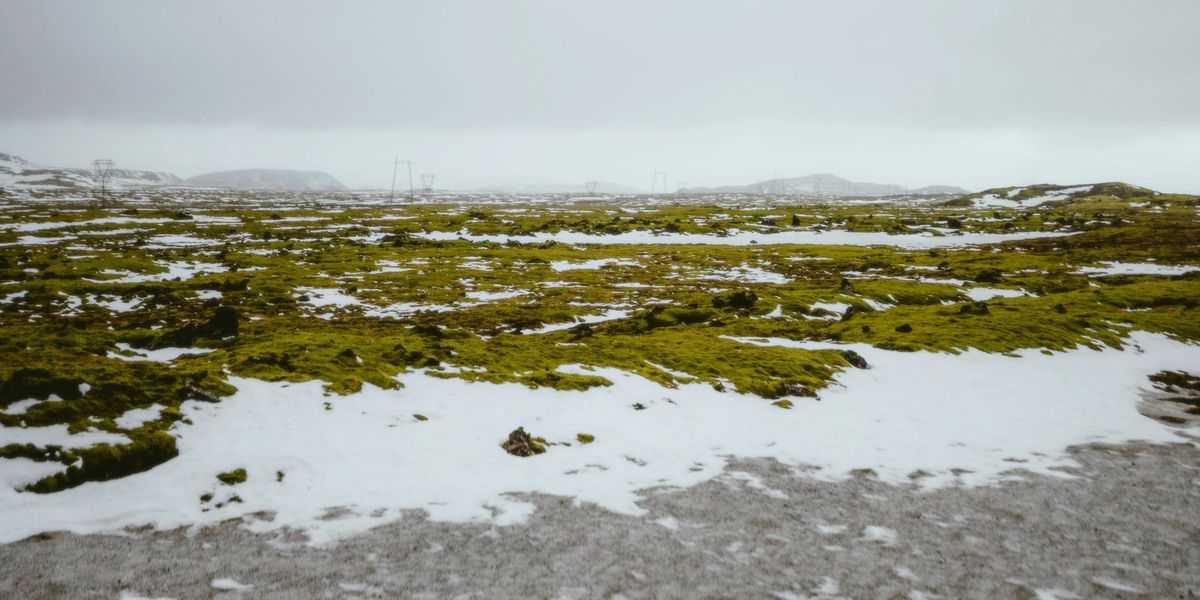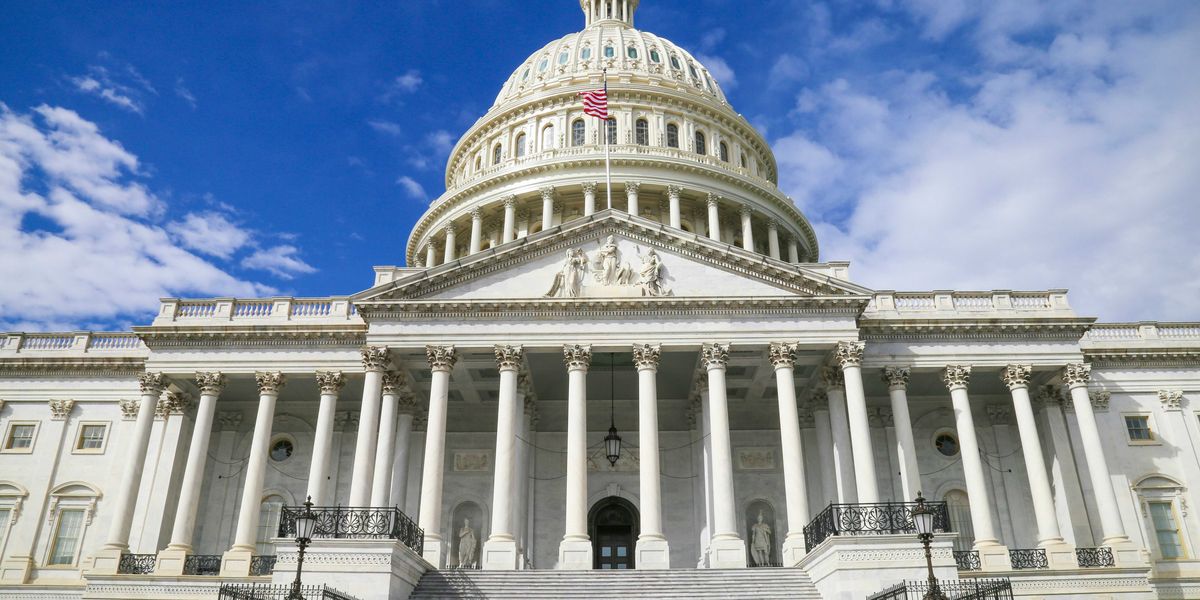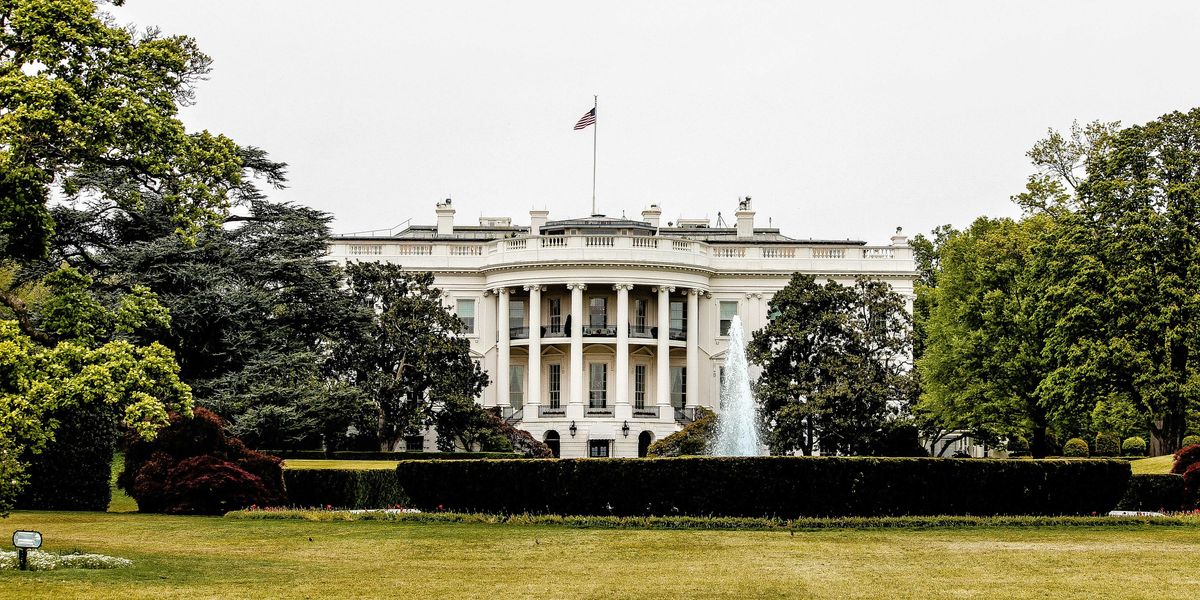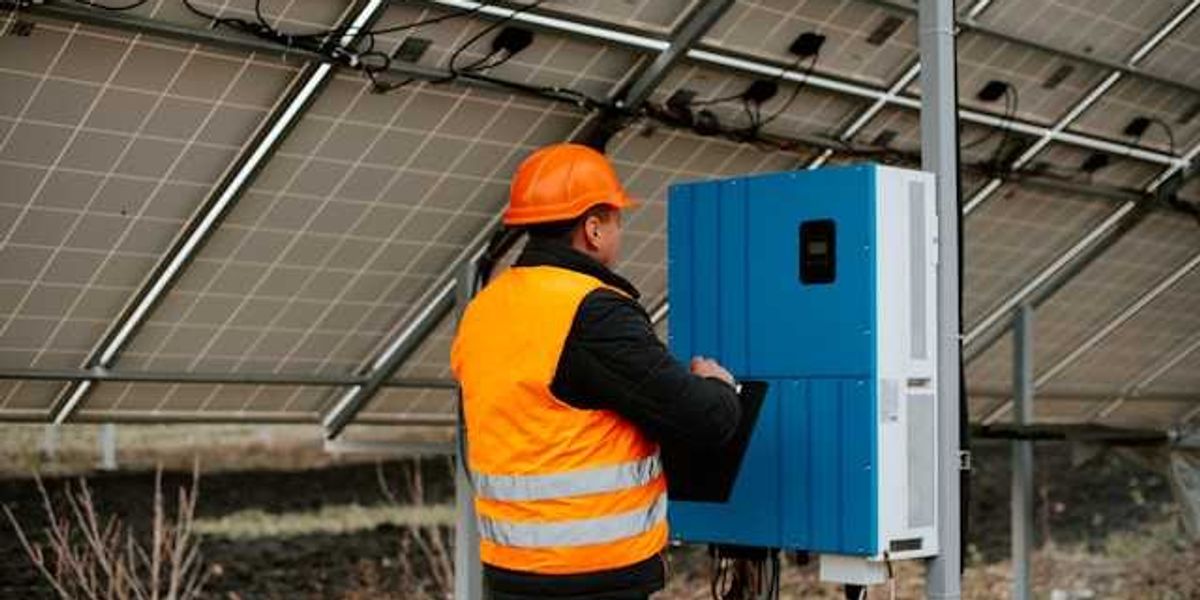Federal cuts end funding for heat resilience research in vulnerable U.S. cities
A federal grant program designed to help cities respond to extreme urban heat was abruptly canceled, halting vital climate work in places like Laredo, Texas.
In short:
- The National Oceanic and Atmospheric Administration (NOAA) abruptly ended funding for the Center for Heat Resilient Communities, scrapping plans to assist 15 cities with tailored strategies to mitigate extreme heat.
- The cuts follow broader federal rollbacks under President Trump, including the elimination of U.S. Environmental Protection Agency grants and a NOAA disaster-tracking tool.
- Community leaders and researchers say they’ll continue their work independently, though at a smaller scale and with fewer resources.
Key quote:
“The funding just stopped... I’m stuck with this valuable data that not a lot of people have.”
— Edgar Villaseñor, advocacy campaign manager, Rio Grande International Study Center
Why this matters:
Urban heat is a lethal threat that worsens as cities grow and the climate changes. Without trees, green space, or access to cooling infrastructure, residents may be forced to endure prolonged periods of dangerous heat. And as federal agencies back away from funding local resilience efforts, many municipalities — especially in the South and Southwest — are left without the tools to measure risks or plan for safer futures. The loss of centralized data and support also undermines national efforts to prepare for climate-related health threats. Heat already kills more Americans annually than floods, hurricanes, or tornadoes, and that toll is likely to rise. Without sustained federal investment, the patchwork of community responses may fall far short of what’s needed to keep people safe and healthy.
Read more: Trump administration moves to dismantle environmental justice efforts













